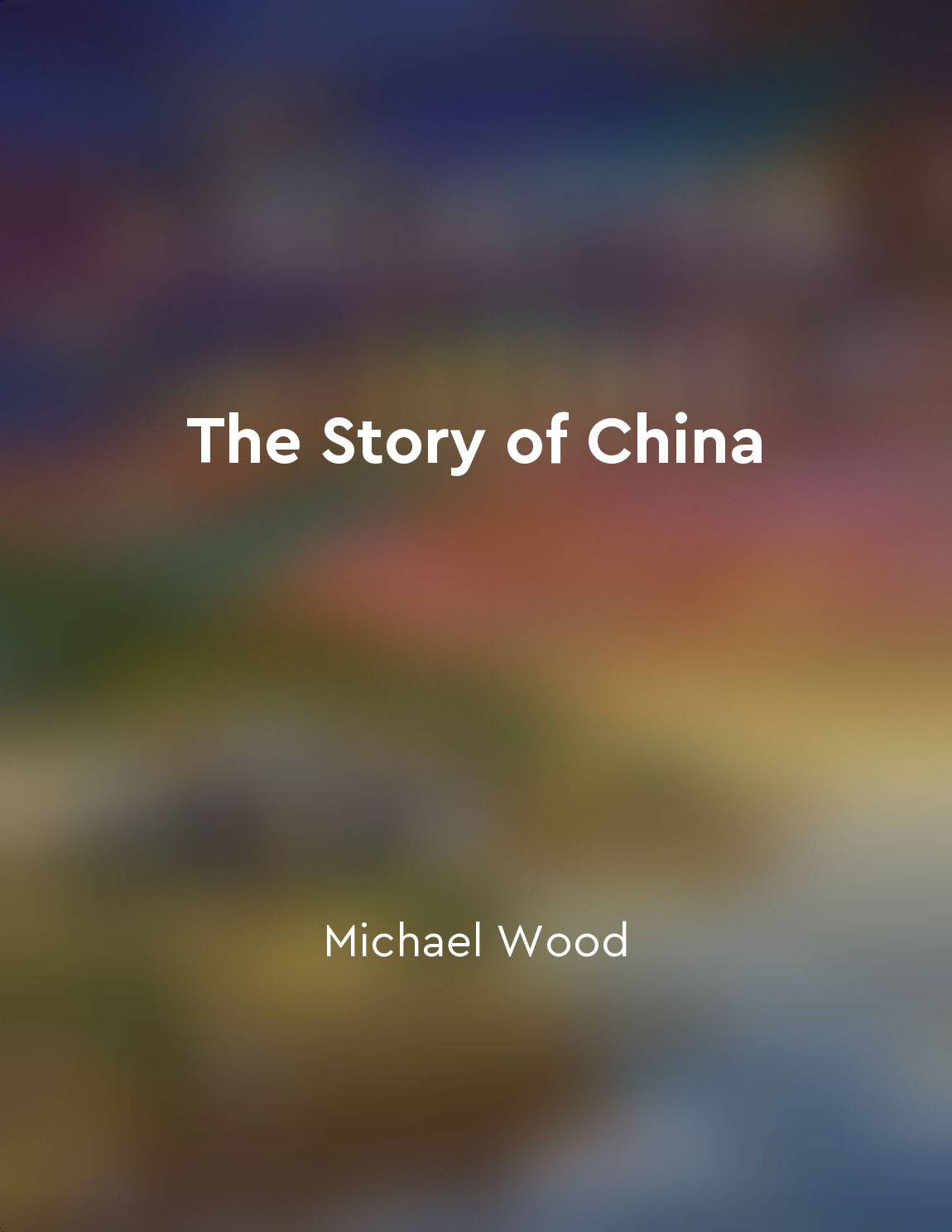Political repressions from "summary" of Wild Swans by Jung Chang
Political repressions were a common occurrence in China during the early to mid-20th century. The Communist Party, led by Mao Zedong, utilized various methods to instill fear and maintain control over the population. This included the persecution and imprisonment of individuals deemed to be a threat to the Party's power. Those who were targeted by political repressions were often intellectuals, artists, and anyone perceived to have differing political views. The goal was to suppress dissent and maintain a uniform ideological allegiance to the Communist Party. Anyone who spoke out against the Party or expressed opinions contrary to the Party line risked being labeled as a counter-revolutionary and subjected to severe punishment. The tactics used during political repressions were brutal and unforgiving. People were often subjected to torture, forced confessions, and public humiliation. Families of those targeted were also affected, with loved ones disappearing without explanation or warning. The fear of being targeted by the Party led many to self-censor and refrain from expressing their true thoughts and opinions. The impact of political repressions on Chinese society was profound. It created a culture of fear and distrust, where individuals were constantly surveilled and monitored. The Party's grip on power was maintained through intimidation and violence, with dissenters facing harsh consequences for speaking out. The legacy of political repressions in China can still be felt today. The trauma inflicted on those who were targeted, as well as their families, lingers on. The scars left by the Party's actions serve as a reminder of the dangers of unchecked power and the importance of defending freedom of speech and expression.Similar Posts
It is essential for individuals to speak out against power abuse
Individuals must not remain silent in the face of power abuse. The consequences of staying quiet can be dire, allowing those in...

Telescreens surveil citizens' every move
The Party’s grip on its citizens is complete, with every move under constant surveillance by the ever-watchful telescreens. The...
The concentration of power in the state leads to the subjugation of individuals
The rise of totalitarian regimes is characterized by the centralization of power within the state, leading to the suppression a...

History is rewritten to support the Party's narrative
The Party has a firm grip on the past, manipulating history to suit its own ends. By rewriting historical records, the Party is...

China's rise as an economic superpower has reshaped the global landscape
China's ascent as an economic powerhouse has had a profound impact on the world stage. The country's remarkable transformation ...

Intergenerational trauma
Intergenerational trauma is like a ghost that haunts families, passing from one generation to the next like a dark inheritance....

The proles are kept ignorant and powerless
The Party maintains control over the proles by keeping them ignorant and powerless. They are given just enough education to per...
He refused to be silenced by fear
Solzhenitsyn illustrates a powerful example of courage in the face of tyranny through the character who adamantly rejects the s...
Solzhenitsyn's legacy is one of courage and conviction
The legacy left behind by Solzhenitsyn is one that epitomizes courage and conviction. Through his writings, he fearlessly expos...
